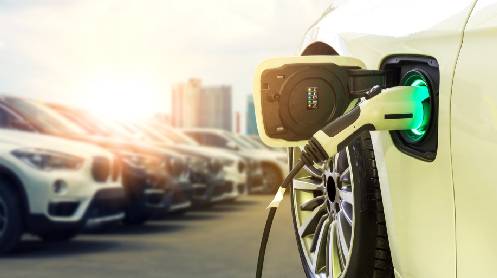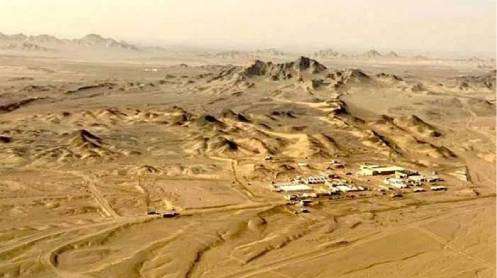ISLAMABAD: In a significant move to accelerate electric vehicle (EV) adoption in Pakistan, the Ministry of Commerce has proposed eliminating the 25% sales tax on EVs priced above Rs4 million and lifting the cap on EV batteries for cars, vans, and SUVs. The recommendations were discussed during a recent steering committee meeting on EV policies.
The Ministry of Industries and Production (MoIP) directed the Engineering Development Board (EDB) and the New Energy Vehicle (NEV) Policy team to evaluate these proposals, emphasizing the development of standards for EVs by the Pakistan Standards and Quality Control Authority (PSQCA) in partnership with EDB to encourage local manufacturing.
Meanwhile, the National Highway Authority (NHA) announced plans to install 40 EV charging stations along motorways and highways by January 15, with locations identified at 120 km intervals from Karachi to Peshawar. Oil marketing companies (OMCs) will be instructed to install these stations under existing agreements.
The draft NEV Policy 2025-30 also includes a demand incentive scheme, proposing the distribution of 120 e-bikes to top-performing Higher Secondary School students across all provinces and regions. In parallel, the Punjab Information Technology Board (PITB) presented a framework for incentivizing EV adoption through platform development and user authentication.
The Capital Development Authority (CDA) unveiled regulations mandating at least one EV charging station at existing fuel stations and two at new ones, with plans to deploy 40 EV buses in Islamabad soon. The National Energy Efficiency and Conservation Authority (NEECA) has finalized EV charging station regulations, pending the approval of electricity tariffs, and is working with provincial governments to align nationwide EV infrastructure policies.
These initiatives, coupled with proposals to amend building bylaws for EV charging facilities in residential and commercial spaces, underline the government’s commitment to making Islamabad a model city for EV adoption and driving the transition to sustainable mobility across the country.





